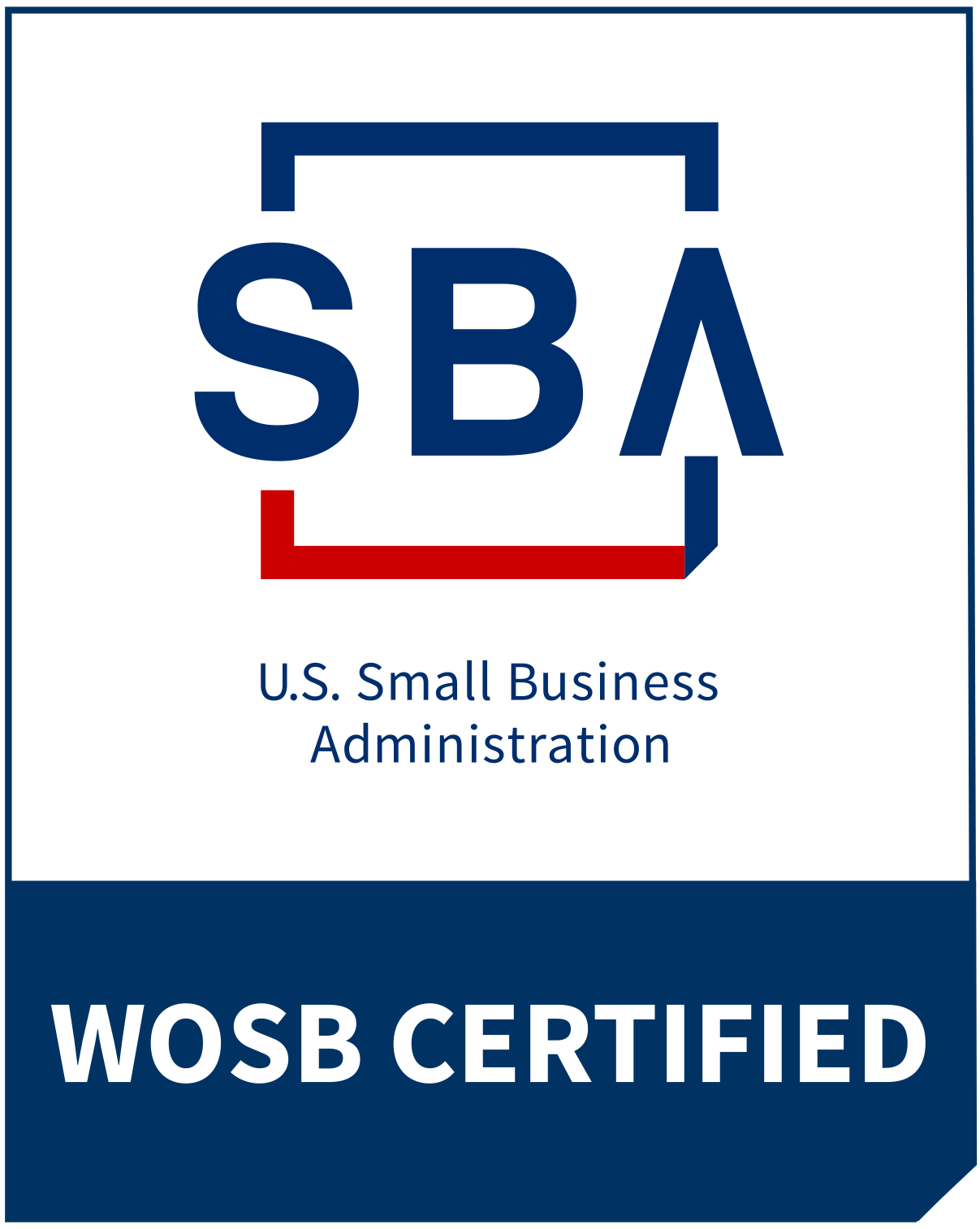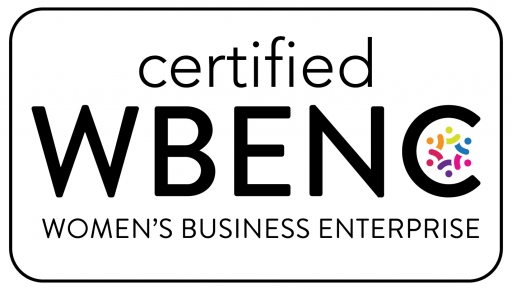
For years in the marketing and market research industry, insights were the holy grail. That magic “sweetspot” where a marketer understands a deeper truth behind a consumer’s behavior; or the gaping mismatch between what a consumer wants and what she does that creates opportunity for a new product or service. Most of the time, you had to dig deep to find an insight. And, the Market Research industry served up innumerable qualitative and quantitative methods and solutions promising to uncover insights.
And, it worked.
And, we have shelves and shelves of products to meet every need we knew we had, and every need we didn’t realize we had.
A quick search on Amazon for “skin care products for women” returned over 102,000 products. A refined search for “anti-aging products” narrowed the choices to just over 5,200.
And, it was equally easy to obtain some “insights” around anti-aging and skin care. A quick search on Pinterest, a post on Facebook to ask for thoughts from friends, a Google search for published reports and some Amazon product reviews uncovered a pretty thorough look at what consumers believe, what they’re doing to create their own skin care solutions and how they feel about the products on the market today.
Insights are easier and easier to discover.
The best marketers are no longer the ones that find the best insights.
The best marketers and product developers and innovators do more with the insights they discover.
They get to market faster. They innovate more disruptively. They challenge established business models. They spend more money and time developing and iterating their ideas than searching for a new insight.
Now, we’re not dismissing the importance of insights. Clearly, ideas that are consumer relevant — that meet a real need, are more successful in market.
We’ve simply noticed that entrepreneurial leaders readily spot an insight, and then move quickly into “now what.”
And, we’re all about the “now what.”
Photo licensed under Creative Commons 2.0 via Flickr user: Davis Staedtler
The Garage Group helps corporates innovate and grow like startups, including smarter, faster, iterative approaches to developing and optimizing new products and services that meet real consumer needs.


